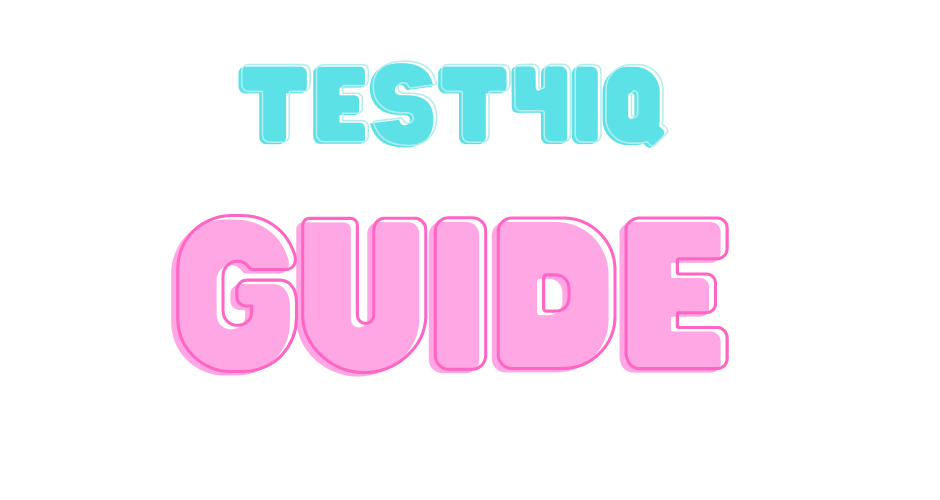The judge based the choice of words: It doesn’t sound good
Here the linesman appears to instruct Joel Lundqvist on how to win the extra-time tie against Lulea.
Referee Thomas Thorsprink thought the choice of words questionable.
It sure doesn’t look good, he says.
Ställningen var 3–3 i gårdagens CHL semi-final. Frölunda hade en man mer på isen and Joel Lundqvist should have taken up attacking territory against Luleås Juhani Tyrväinen.
When linesman Gustav Johnson was covered in mosquitoes, viewers heard what was said before the puck was released.
– Now wait for Joel, and you can put it down. It’s much easier. It will head towards the disk. He sits down and turns toward, he did that all the time.
The instructions were followed by a few quick words to the other tea maker: My face, wait, leave, stay there, go!
Players do not hear
The sequence was cut and posted on social media. It raises the question about what kind of dialogue the referees should have with the players. Did Johnson even advise Lundqvist on how to win the important technique—which the veteran did, too?
No, umpire Thomas Thorsprink doesn’t want to go that far. He pointed out that the short clip does not give the complete picture, especially since the players’ comments are not heard.
– Linemen should always talk to the scorers before each drop, such as “He can lock the puck if he goes to puck first.” But the way it looks in the single clip isn’t good at all, and not the last. I understand that, Thorsprink says.
Could it be a warning to the referee?
– of course not. We don’t work with whips that way. But of course we have to talk to the stakeholders about the situation and this can be used for educational purposes. Can we use other word choices?
He leads the drawing league in the SHL
Judge Gustav Johnson wants to differentiate between what is heard in the clip. It is believed that the words are part of a dialogue that continues throughout the match. And what appears to be advice for Lundqvist is rather a response to the player’s complaint – it’s Jonsson’s way of defending Tyrväinen’s gameplay.
Just the words themselves, if you pick them out they sound weird. But I point out that al-Juhani has already made the right choices. And I don’t think Joel needs any advice, says the linesman.
Why do you speak Swedish with Lundqvist when you speak English with Tyrväinen who also speaks Swedish?
– In CHL everything has to be in English, but I tried to explain something more complicated in Swedish because I’m not quite proficient in English.
How do you feel about being bitten?
– I don’t have a problem with that. And then it is difficult for a common man to understand what we are talking about when choosing syllables.
For Johani Tervainen, whose team won the match on penalties and will face Tabara in the final on February 18, the situation is not particularly troublesome. But he shows what it’s like to tie against Lundqvist (who leads the SHL stats with 61.99 percent of wins).
Joel Lundqvist: We’re going to puck
– I think it’s little Joel’s style. It’s trying to sway the font helper, that I’m doing something wrong with the drawing, but the referee’s response is that I’m not doing it, but I’m going to tweak first. This is how I see the situation, Tervinen says.
How do you see the situation getting so much attention on social media?
– It may have become a little larger than it actually is. I would never listen to a line assistant’s advice when I’m shooting, I know what the person I’m shooting against is doing and I don’t need to listen, says Tyrväinen.
In a text message, Joel Lundqvist gave his perspective on the incident:
“I had a discussion before signing with the referee about locking the stick. He just made it clear that Tyrväinen is not doing anything wrong. It’s against our puck we’re going to go, just like the referee says. Other than that, that’s how they communicate how we should stand and watch.”
